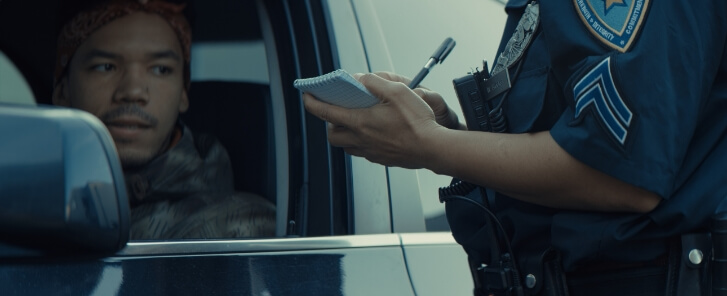For some visas, such as Skilled Nominated visa (Subclass 190), Skilled Independent visa (Subclass 189) and Business Innovation and Investment (Provisional) visa (Subclass 188), you must satisfy the ‘points test’.
You can claim points for your age, proficiency in English, work experience outside and in Australia, qualifications, accreditation in a community language, time spent studying in regional Australia as well as the relevant skills of your partner.
To apply for a ‘points tested’ visa, the application process involves lodging an expression of interest (EOI) via SkillSelect. Based on the information that you provide on SkillSelect, you will receive an estimate of total ‘points’ that you claim to have.
If you are invited to apply for a points tested visa, you must prove the claims that you make in your EOI when the Department of Home Affairs is assessing your application.
Your score must not be less than the score claimed in the invitation to apply for the visa and must not be less than the qualifying score of at least 65 points.
This means that if you claimed 80 points in your EOI, you must not score less than this when you are invited to apply for the visa and must be able to provide evidence to support your points claimed.
Your visa application may be refused if you overclaim or miscalculate your points and are not able to support your claim of points. Further, if you provide false or misleading information, your visa application may be refused.
Having a visa refusal can have serious consequences on your future visa applications. Do not play with your points tested visa applications by overclaiming your points. Get professional assistance with calculating your points from our experienced immigration lawyers today.
At Visa & Citizenship Lawyers, we regularly assist clients with assessing their eligibility and points for various Independent and Skilled Regional (Provisional) visas, State and Territory nominated visas, and Business Innovation and Investment visas.
Has your visa application been refused on grounds of overclaiming points, and you are not prepared to accept it? You may still have options. Contact our friendly team today for assistance!







